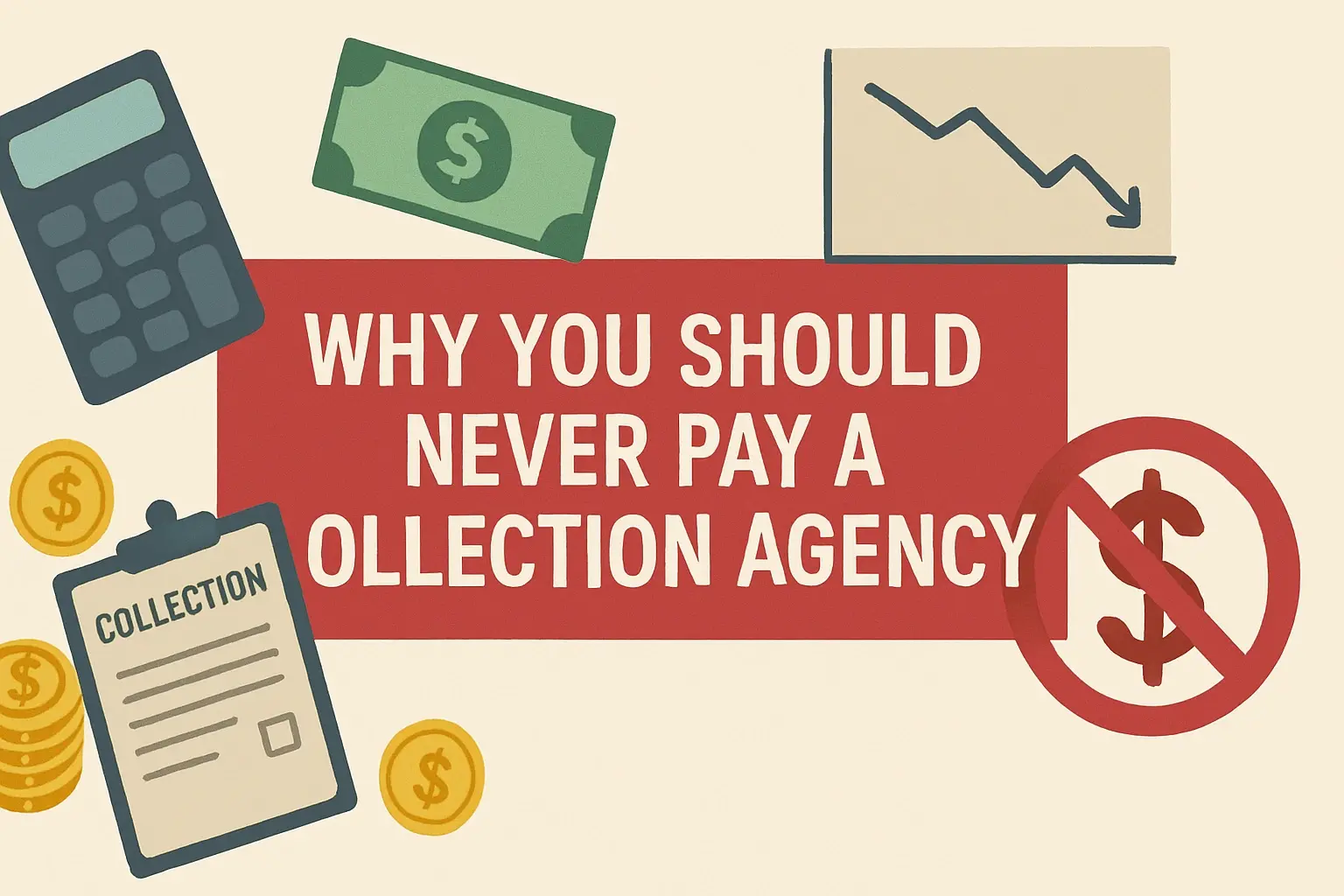What is Repossession (Repo)?
Repossession, often shortened to "repo," is the process by which a lender reclaims property (typically a vehicle or a home) from a borrower who has defaulted on their loan or lease agreement. This occurs when the borrower fails to make the required payments as outlined in the loan contract. Repossession is a serious event that can have significant and long-lasting consequences for your credit score and overall financial well-being.
The most common type of repossession involves vehicles, such as cars, trucks, and motorcycles. However, repossession can also occur with other types of secured loans, including:
- Home mortgages (foreclosure)
- RV and boat loans
- Loans secured by other personal property
The Repossession Process
The specific steps involved in the repossession process can vary depending on state laws and the terms of your loan agreement, but the general process typically involves the following:
- Default: The borrower fails to make payments on time, violating the terms of the loan agreement. The lender will usually send notices of delinquency, outlining the missed payments and potential consequences.
- Notice of Intent to Repossess: The lender may send a formal notice informing the borrower of their intent to repossess the property if the default is not cured. This notice often includes a deadline for bringing the account current.
- Repossession: If the borrower fails to catch up on payments or make alternative arrangements, the lender can legally repossess the property. In many cases, this can happen without prior notice, especially with vehicle repossessions.
- Sale of the Property: After repossession, the lender will typically sell the property, often at auction. They are legally obligated to make a reasonable effort to obtain a fair market value for the property.
- Deficiency Balance: If the sale price of the repossessed property is less than the outstanding loan balance (including repossession costs, legal fees, and other expenses), the borrower may be responsible for paying the deficiency balance.
How Does Repossession Affect Your Credit Score?
Repossession has a severe negative impact on your credit score. Here's a breakdown of the ways it can damage your credit:
- Late Payments: Before the repossession actually occurs, you'll likely have missed several payments. These late payments are reported to the credit bureaus and can significantly lower your credit score. Even a single late payment can negatively affect your score, and the impact worsens with each subsequent missed payment.
- Repossession Record: The repossession itself is reported to the credit bureaus as a negative mark on your credit report. This is a clear indication of a significant financial hardship and makes you appear to be a higher-risk borrower to potential lenders.
- Collection Accounts: If you owe a deficiency balance after the repossession, the lender may turn the debt over to a collection agency. Collection accounts are also reported to the credit bureaus and can further damage your credit score.
- Public Record: In some cases, the repossession process may result in a public record, such as a court judgment, which can also appear on your credit report and negatively impact your score.
The Severity of the Impact
The exact drop in your credit score due to a repossession will vary depending on your individual credit profile. Factors such as your pre-repossession credit score, your payment history, and the overall health of your credit accounts will all play a role. However, you can generally expect a significant decrease in your score – potentially ranging from dozens to over 100 points. This can make it difficult to obtain new credit or secure favorable interest rates on loans and credit cards in the future.
How Long Does Repossession Stay on Your Credit Report?
Negative information, including repossessions, can remain on your credit report for up to seven years from the date of the first missed payment that led to the repossession. This means the impact of the repossession can linger for a considerable period, making it challenging to rebuild your credit quickly.
Importance of Checking Your Credit Report
It's crucial to regularly check your credit report to ensure the accuracy of the information reported. You are entitled to a free copy of your credit report from each of the three major credit bureaus (Equifax, Experian, and TransUnion) once per year through AnnualCreditReport.com. Review your reports carefully and dispute any errors or inaccuracies you find. Incorrect information, even if it's related to a repossession, can negatively impact your credit score unnecessarily.
What to Do After a Repossession: Rebuilding Your Credit
While a repossession can have a significant impact on your credit, it's not the end of the world. It's possible to rebuild your credit score and improve your financial standing over time. Here are some steps you can take:
- Pay Down Outstanding Debt: Focus on paying down any outstanding debts, especially those with high interest rates. Even small payments can make a difference and demonstrate responsible financial behavior.
- Become an Authorized User: Ask a trusted friend or family member with a good credit history to add you as an authorized user on their credit card. This can help you build a positive credit history without having to apply for your own credit card.
- Apply for a Secured Credit Card: A secured credit card requires you to deposit cash as collateral, which reduces the risk for the lender. Using a secured credit card responsibly and making timely payments can help you rebuild your credit.
- Consider a Credit-Builder Loan: Credit-builder loans are specifically designed to help people with poor credit or limited credit history build credit. These loans typically require you to make fixed payments over a set period, and the lender reports your payment activity to the credit bureaus.
- Make All Payments On Time: This is the most crucial step in rebuilding your credit. Consistently making all payments on time, whether it's credit card bills, loan payments, or utility bills, demonstrates responsible financial behavior and helps to improve your credit score.
- Dispute Errors on Your Credit Report: Regularly review your credit reports and dispute any errors or inaccuracies you find. This can help remove negative information that is not accurate or verifiable.
- Create a Budget: Developing a budget helps you understand your income and expenses, allowing you to manage your finances more effectively and avoid future financial difficulties.
- Seek Credit Counseling: Consider seeking guidance from a reputable credit counseling agency. A credit counselor can help you develop a debt management plan, provide financial education, and offer advice on how to improve your credit.
Avoid Predatory Lending Practices
Be cautious of predatory lenders who target individuals with poor credit. These lenders often charge exorbitant interest rates and fees, which can further damage your financial situation. Always research lenders thoroughly and read the fine print before agreeing to any loan terms.
Preventing Repossession in the First Place
The best way to avoid the negative impact of repossession on your credit is to prevent it from happening in the first place. Here are some strategies to consider:
- Borrow Wisely: Only borrow what you can realistically afford to repay. Before taking out a loan, carefully assess your income, expenses, and ability to make timely payments.
- Build an Emergency Fund: Having an emergency fund can help you cover unexpected expenses and avoid falling behind on your loan payments.
- Communicate with Your Lender: If you're experiencing financial difficulties, contact your lender as soon as possible. They may be willing to work with you to create a modified payment plan or explore other options to avoid repossession.
- Explore Refinancing Options: If you're struggling to make your loan payments, consider refinancing your loan to a lower interest rate or a longer repayment term. This can reduce your monthly payments and make them more manageable.
- Consider Voluntary Repossession: In some cases, voluntarily surrendering the property to the lender may be a better option than waiting for them to repossess it. This can help you avoid some of the fees and expenses associated with repossession, and it may also have a slightly less negative impact on your credit score. However, you will still be responsible for any deficiency balance.











